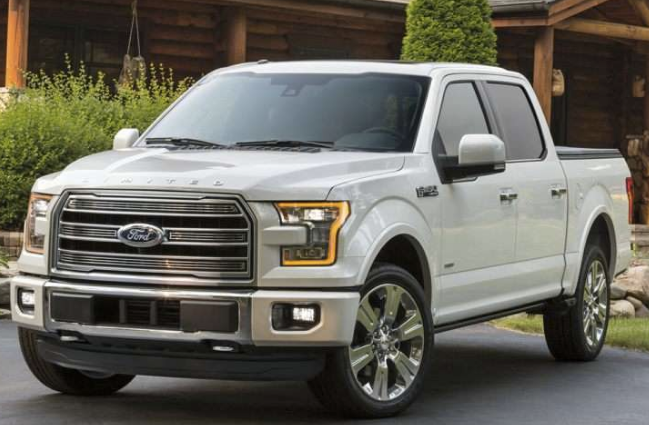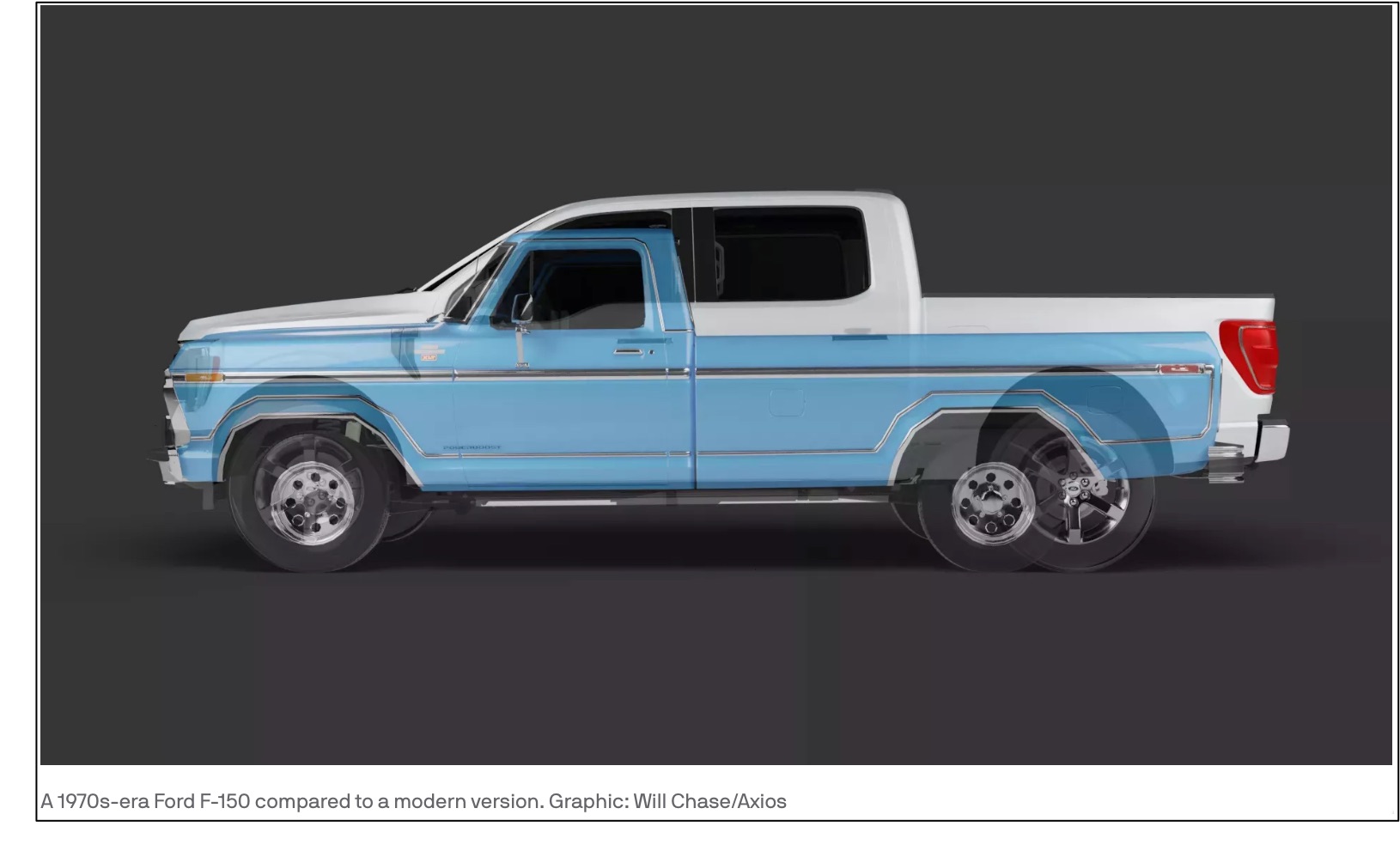Our story starts during the 1950s after U.S. poultry breeders developed a “factory chicken” that fattened faster than ever before. Having figured out mass production for the farm, we flooded Europe’s chicken markets.
And that is when the problems started.
Because of U.S. competition, the EEC (European Economic Community) levied a whopping 13.5 cents/pound tariff on frozen chicken imports. In 1963 we retaliated. Targeting Volkswagen, the U.S. levied a 25% tariff that mostly affected light pickup trucks.
The rest of the story is Ford history.
Ford Pick-up History
At first, foreign truck makers tried to circumvent the tariff. Their first attempt was with truck parts that were destined for U.S. assembly. It did not work. They also said a truck was not a truck if it had (removable) rear seats. Those seats were declared illegal.
At the same time, with little foreign competition, domestic truck makers could charge more, innovate less, and dominate the market. That takes us to the Ford F-150.
Not just a truck, there is a lot more to the Ford pickup. We can top our list with how it makes owners feel. Asked for the words they associated with their vehicle, they said “powerful” and “rugged.”
Purchased as a lifestyle statement rather than for hauling, the truck soon had less of a bed and more of a cab. At first the cab bed ratio was 36 percent to 64 percent. By 2021, the numbers had reversed with the cab at 63 percent and the bed, 37 percent:

Below you can see another view of how the Ford pickup changed during the past 50 years:
Our Bottom Line: Signaling
The Ford pickup truck owners that associated the words “rugged” and “powerful” with their trucks were sending us a signal.
Explained by behavioral economists, signaling can involve a very specific act that conveys a much broader message. A politician votes for the death penalty to show he is tough on crime. Someone shops at Annye’s Organics to demonstrate concern about the environment. And, you name your little boy Odysseus to display your knowledge of Greek mythology as you nudge him in a literary direction.
In his Theory of the Leisure Class, Thorstein Veblen told us that the upper class signals its power by living extravagantly. Calling pointless but pricey purchases conspicuous consumption, he says their primary purpose is a social message. Similarly, the Ford pickup truck owner is most likely doing some conspicuous (car) consumption as she places her groceries in the cab of her truck.
My sources and more: Thanks to the Axios AM daily email with its focus on the Ford pickup. That reminded me of the econlife post on the chicken tax. From there, today’s mention of tariffs and our summary with signaling made sense. Those articles ideally complemented the saga of the chicken tax. However, together they all added up to a new version of conspicuous consumption.








Excellent article!!